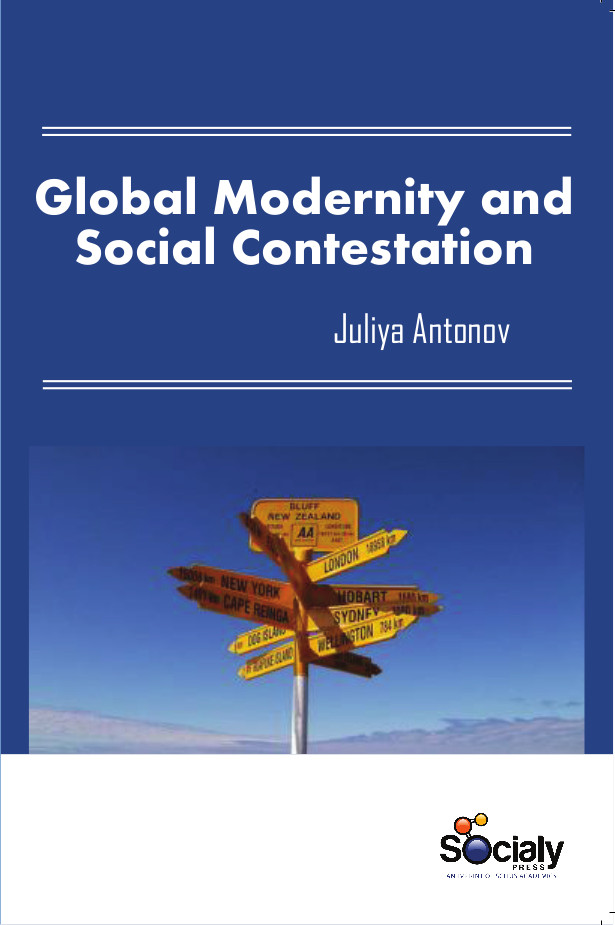Societies have undergone an exceptional transformation in economic and social structure. To a great extent the root of this transformation lies in the expansion and intervention of the state into areas that previously were the domain of civil society, including private economic activity regulated by a market and social activity, such as child-care, regulated by tradition. This shifting ground between state and civil society, between public and private areas of action and responsibility, is part of the field of ambiguity and potential conflict from which new social movements emerge. State expansion and intervention have politicized private domains and provoked a reaction from both the political left and the political right. Change is such an evident feature of social reality that any social-scientific theory, whatever its conceptual starting point, must sooner or later address it. At the same time it is essential to note that the ways social change has been identified have varied greatly in the history of thought.
Global Modernity and Social Contestation presents studies in both social theory and the sociology of modernity, as well as social movements and social contestation. Social movements are central to modernity. They are central both because modernity connotes movement and because modernity involves new political alliances and allegiances in which mass movements play a significant role. But social movements are more than the spontaneous gathering of masses of individuals. They are a distinct form of collective behavior.
They are purposive and relatively structured forms of collective behavior. Crowds, even traffic jams, are made up of masses of individuals, but they are not modern movements. Unlike crowds, social movements are composed of groups of individuals gathered with the common purpose of expressing subjectively felt discontent in a public way and changing the perceived social and political bases of that discontent. What makes social movements modern is not their collective but their distinctly political character.
This Book will be of interested for readers interested in globalization and global studies.













